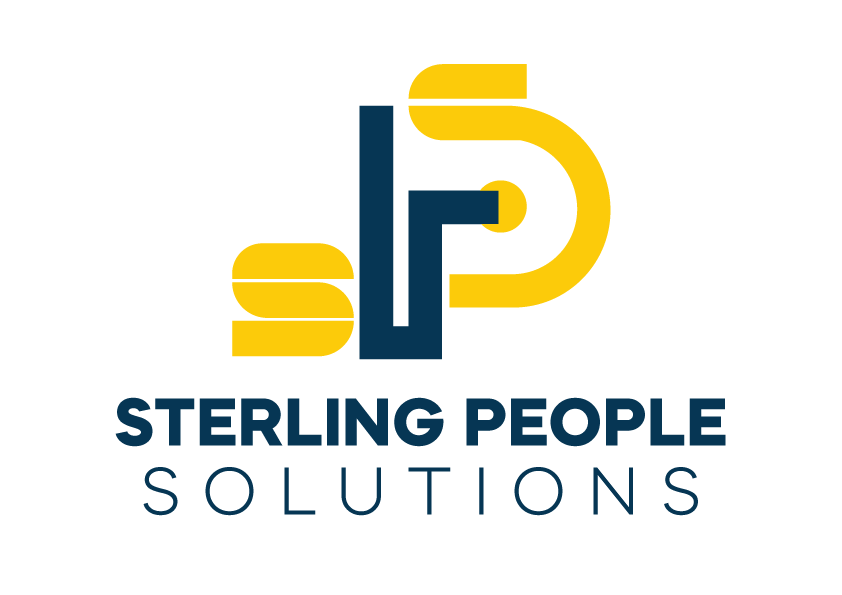What Makes a Performance Management System Effective?
In many Kenyan organizations, performance reviews are treated as routine tasks completed out of obligation rather than strategy. Yet when implemented well, performance management systems (PMS) become powerful tools for aligning employees with company goals, driving accountability, and unlocking growth.
To effectively attract high-caliber professionals in Nairobi’s competitive job market, companies must implement deliberate, high-impact strategies:

1. Strategic Alignment
Every employee’s goals should connect to wider company objectives. For example, a sales team’s KPIs should be informed by business revenue targets. Clear alignment ensures everyone is pulling in the same direction.
2. Regular and Constructive Feedback
Feedback should not be reserved for annual reviews. Frequent check-ins—monthly or quarterly—encourage real-time correction, development, and engagement.
3. Comprehensive Evaluation Tools
We recommend using a combination of self-appraisals, peer feedback, and manager assessments. 360-degree feedback offers a balanced view of an employee’s contributions, strengths, and growth areas.
4. Fair and Transparent Processes
A PMS must be fair, consistent, and clearly communicated. Clear criteria for evaluation reduce bias and help employees understand what’s expected of them.
Benefits of an Effective PMS
Increased employee engagement and accountability
Improved performance outcomes
Stronger alignment with strategic goals
Enhanced retention through growth opportunities
Technology Tip: Consider adopting cloud-based PMS platforms with dashboard features to track goals, automate appraisals, and produce insights for HR planning.



